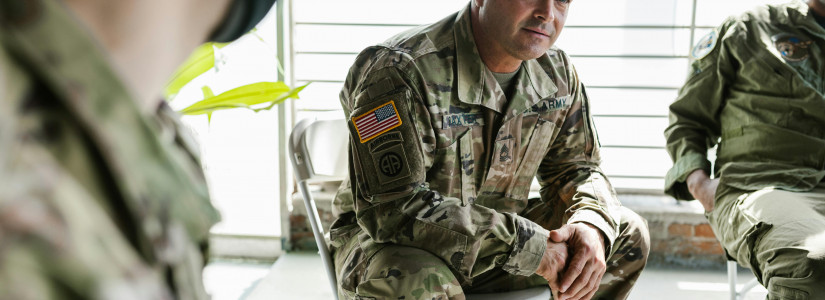University of Virginia Agrees to Pay the Government $1 Million for Mistakes in Invoicing against Federal Grants
When grant recipients get money from the federal government, it does not come without strings attached. There is an entire body of law laid out in both government-wide and agency-specific regulations that grant recipients must follow. This includes reporting requirements and rules for how they can spend the money. When a grant recipient does not follow the rules, they are subject to discipline by the federal government. This is what happened to the University of Virginia, which has agreed to pay $1 million to settle claims that it did not account for rebates that it received when making purchases with grant dollars.
Grantees Have Cost Accounting Obligations When they Receive Government Money
The issue of cost accounting is very important when it comes to grants. The government wants to know that it is being charged in a transparent and accurate manner because it needs to pay invoices that are submitted to it. If an entity is plagued with problems on numerous grants, the federal government may not award it future work since transparency and the entity's track record are important factors when the federal government is assessing a grant application.
Here, the University of Virginia was accused of not accounting for certain rebates that it received. In other words, it did not pay full price for what it procured, yet submitted an invoice to the federal government for the full price. A grantee is responsible for tracking the purchases that it makes. It must have its own procedures that it follows. These procedures are with a recognition that when an institution is spending grant dollars, they are expending taxpayer money. Here, the rebates did not belong to the University of Virginia but instead were the property of the federal government, and UVA should have deducted the credits from the amounts that it invoiced the government. From the facts, it is unclear exactly how much in rebates were at issue here. When it settles these matters, the government will usually request more from the grantee than they profited from their improper behavior.
When entities are awarded a grant for research, they are not simply given a block sum of money to spend as they wish. They must track and invoice their costs periodically. The government has the ability to review the invoices as they are submitted. If the grantee does not follow the rules, the government can disallow the costs. When costs are reasonable and properly charged, the government is under an obligation to pay the costs. As happened here, even if the government pays the money to the grantee, they can always find compliance issues after the grant has been fully performed. The end of the performance does not terminate the government's ability to catch wrongdoing on the part of the grantee. The government will often select awards for audits randomly and will certainly do so when irregularities seem apparent.
The Government Can Take Action if they Fine Irregularities in the Grant Closeout Process
After grant performance is complete, the government will close out the grant. They will scrutinize the invoices that were submitted and may challenge or disallow the claimed costs. Alternatively, there may be an audit after the fact that turns up failures to comply with federal regulations. This is often when these matters are turned over to the Department of Justice for enforcement action.
The university's compliance failures were not just limited to one grant with one agency. Instead, their problems were manifested in numerous grants that it was awarded by several agencies. In other words, it was a systemic problem on the part of the university. It is not uncommon for research institutions to receive tens of millions of grants from several different government agencies.
The university's alleged compliance failures spanned an eight-year period from 2009 to 2017. As is common in settlement agreements, the University paid the money without admitting guilt. UVA, through its spokesman, claimed that it was glad that the allegations were behind it and was committed to being a sound steward of federal funds.
For its part, the University of Virginia is one of the research leaders among educational institutions and is a luminary in the field of medical research. The settlement will not affect its ability to receive grants going forward since it did not admit any wrongdoing in connection with the events that gave rise to the settlement.












